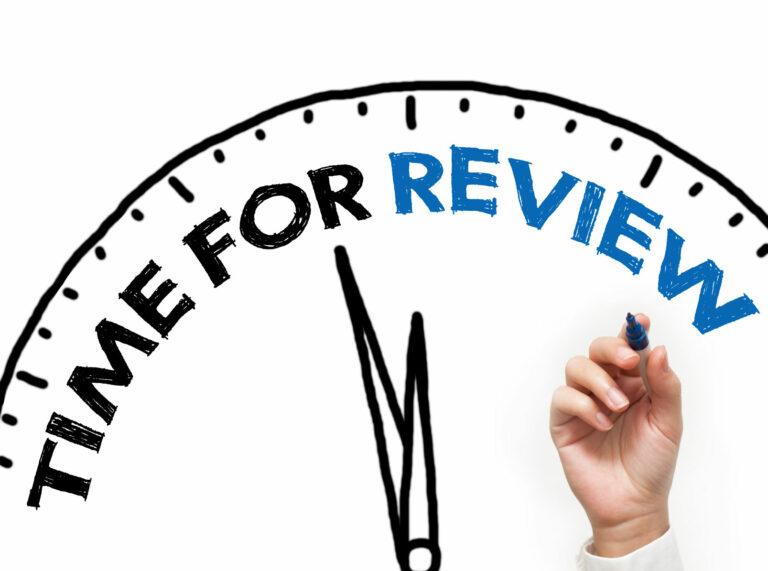Managing Millennials

It’s been an obsession of business writers for a least the past decade and a half: what to do about millennials?
When they were teenagers, people fretted about how to market to them. Then, concern shifted to how to deal with them as new college graduates in the workplace. Now, with the older cohort of the millennials starting to get a glimpse of 40, the tone of the discussion has shifted.
The leading edge of the millennial generation is well into mid-career at this point. They are becoming managers themselves. But intergenerational misunderstandings still plague many workplaces.
Of course, it’s dangerous to make assumptions based on nothing more than an employee’s birth year. Everyone is an individual and there are far more differences among millennials than there are between millennials and other generations.
However, while painting with a broad brush can mask many of the nuances, there are a few concerns to keep in mind when managing millennials.
Flexibility
For a generation that grew up with the gig economy, a traditional 9-to-5 schedule seems particularly outmoded. Millennials take for granted the option of working from home and expect to have personal input into what hours they work.
These don’t represent perks for the millennial set. They are expected parts of the job experience.
How much freedom you can offer will depend on your office situation. Your particular industry might require that most tasks have to take place at the office during the traditional workday. Even so, be open to individual requests and take employees’ desires for flexibility seriously.
Key Into Culture
The old expression “money isn’t everything” was mostly a passive phrase for previous generations. Millennials have taken it to heart.
The idea that work should embody more than a place to pick up a paycheck represents a key touchstone for the generation. They want to feel safe and welcomed. They want to get inspired.
You can increase retention and improve your ability to recruit by developing an inviting culture. Take steps to make employees feel like they belong. Also, communicate a company mission beyond maximizing profit, something that appeals to a person’s spiritual side as well as their business sense.
Workplace Casual
As recently as a decade ago, most workplaces were still pretty regimented. Since then, places like Google, with its nap pods and on-campus ping-pong tables, have changed the definition of a “professional workplace.”
Most millennials began their careers after this change. They expect a more casual atmosphere at the workplace.
This includes an accepting attitude toward social media. Previous generations might cluck their tongues at the constant phone use or the necessity to post every thought online. But it’s a key aspect of how millennials interact with the world. Find ways to integrate it into your company culture.
Experts at Change
Technology and culture evolve quickly. It’s difficult to keep up. This has been a constant theme in American business history, but the rate of change has accelerated in the 21st century.
Millennials have grown up in that accelerated environment and are well able to adapt to the changing landscape. Use that potential.
Rely on millennial employees to help keep the workplace up to date. Ask their opinions and encourage their feedback. It will help keep the company at the cutting edge of the industry.
Building a diverse workforce with a wide range of experience helps your company grow. By teaming with a top recruiting firm, you can build a staff with multigenerational appeal. Contact SmartTalent today to learn more.





